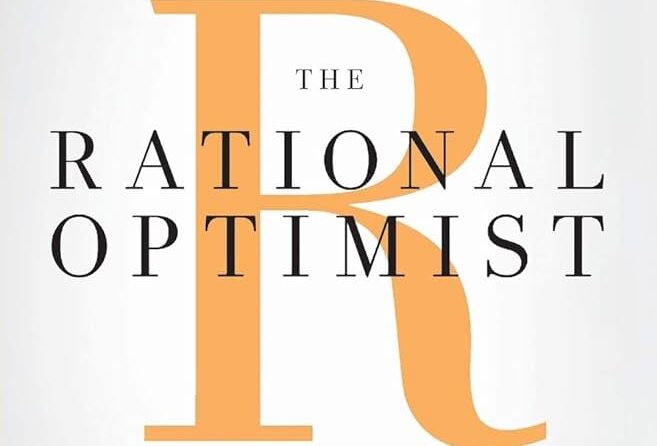When Amazing Stories new incarnation was first conceived, a number of requirements and goals were articulated, among them being that any SF magazine that wanted to not only survive but thrive in the digital era needed to have a digital component and that that digital component would have to update daily if it wanted to capture and increase its traffic, remain relevant, stand out.
But what content, and where would it come from?
Although the first part of that question would seem obvious, it is only on the surface. Over time, a list of 15 “subject areas” evolved, based in somewhat equal parts on those subjects we deemed important to the SF community (important or obvious), subjects we felt ought to be included if we were going to cover relevant developments and interests in the field, subjects we stood a good chance of getting coverage for and subjects that we thought were not receiving enough attention and ought to receive more.
Those original subjects were:
Science Fiction, Fantasy and Horror Literature (3 separate ‘fiction’ categories)
Film and Television
Audio Works (radio and podcasts)
Fandom
The Businiess of Writing
The Business of Publishing
Comics & Graphic Works
Art
Gaming and Toys
Anime
Modeling
Science
Academics
To date we have featured regular content in all but the “academics” category.
Our hope was that we’d be able to fill each one of those categories on a daily basis, leading to 15 posts per day – nearly 5,500 per year – and would capture some interest from fans involved or interested in each of them.
Despite the fact that from the beginning we received unprecedented participation from contributers (we began day one with nearly 75! and have grown to over 200), what we really needed was something closer to 500 in order to meet content demands and avoid overly taxing our contributors. We’ve not achieved that goal, nor are we likely to.
Another way had to be found to provide the depth and breadth of content for the site that would allow it to act as a central gathering place for fans of these genres, a grand watering hole where toes could be dipped, thirsts quenched, the bonds between us and our shared interests displayed and explored, our inter-connectedness displayed right on the front page.
The other way has been found, it’s been researched, developed, tested, is now in operation and is being refined. (We may experience some glitches along the way but are rapidly approaching a stable iteration.)
A variety of internet search tools, plugins, filters and custom code have been combined to give us very broad coverage of a huge number of news and information sources (web sites), create posts from them and, following a bit of manual editing, provide them as content for the website.
Until very recently, the website was publishing an average of five posts per day, representing a combination of original content and curated content. That has now been increased to a minimum of 24 posts per day, and will remain a combination of original and curated content. It may be that we will exceed that number, especially if there is breaking news of both import and timeliness.
Our hope is that by bringing attention to a much wider selection of curated content, our readers will come to see the Amazing Stories website as a source for discovering other websites of interest to them, will discover and reinforce their understanding of Fandom as a huge, interconnected family and will continue to enjoy our original offerings that have been critiqued for several years now as being of high quality.
We have taken great care to fully attribute and link to the originators of our curated content and to insure that we are not interfering with their revenue stream(s). That being said, if any of our sources object to their inclusion here (something that in this day and age represents old school thinking, thinking that would deny those sites our previously demonstrated ability to send traffic and sales elsewhere – we’ve been credited with helping to push several books into best seller status) we understand and have made provisions for: all they need do is email us, request that they be removed from our list of sources and they will be, no questions asked.
We believe that Fandom is about a lot of things, among them being – the sharing of information widely, giving credit where due, respecting individual sensibilities, inclusion, engagement with diversity and expressing our creativity while finding unique and clever solutions to the issues and problems facing us. This new information curation and aggregation system reflects all of those traits.
In support of at least some of those Fannish ideals, we have made sure to include POC supporting sources, LGBTQI supporting sources, Feminist supporting sources, foreign language sources and are working on identifying other minority groups that engage with Fannish interests, particularly those that are underrepresented in our community today. We would appreciate assistance in doing so: areas where we need to improve include – but are most certainly not limited to – Indigenous Peoples, People with Disabilities, Asian Peoples, a broader swath of non-English languages (we currently provide content in Spanish, French, less frequently Italian and German). If we have overlooked anyone (anyone), we would like to know about that too. (Though it should go without saying that we do not believe that “minority” groups whose interest is in denying others equal representation qualify as “minority” groups.) If you would like to recommend a source, please email us.
We hope that in the days and weeks to come, you will come to see the Amazing Stories website as a place to check in with daily to discover new interests, new people, new websites, and by doing so help to increase our interconnectedness and appreciation for one another.










